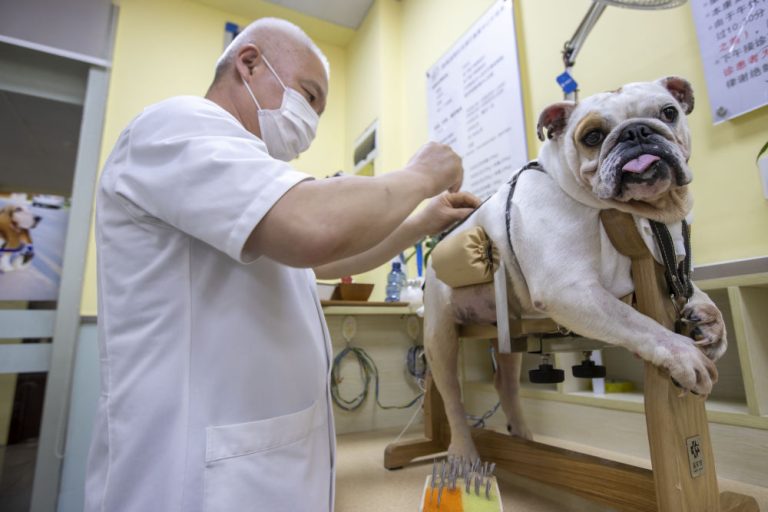Preventing Parasites: A Comprehensive Guide for Pet Owners
As a responsible pet owner, one of your primary responsibilities is to protect your beloved companion from parasites that can threaten their health. Parasites such as fleas, ticks, worms, and mites can cause a range of health issues for your pet, including discomfort, illness, and even life-threatening conditions. In this comprehensive guide, we’ll explore various ways to prevent parasites and keep your pet healthy.

1. Regular Veterinary Check-Ups
Regular veterinary check-ups are the foundation of parasite prevention. Your veterinarian can perform routine examinations and screenings to detect and address any parasite issues early. They can also recommend appropriate preventive measures based on your pet’s specific needs.
2. Flea and Tick Control
Fleas and ticks are common external parasites that can cause itching, skin infections, and transmit diseases. Use flea and tick preventives recommended by your veterinarian. There are various options, including topical treatments, oral medications, and collars. Ensure the product is suitable for your pet’s species and size.
3. Heartworm Prevention
Heartworms are transmitted by mosquitoes and can be deadly for dogs and cats. Use heartworm preventives as prescribed by your veterinarian. These medications are typically administered monthly and protect against heartworm infection.
4. Intestinal Parasite Control
Intestinal parasites like roundworms, hookworms, and tapeworms can affect your pet’s gastrointestinal tract. Regular deworming treatments are essential to control these parasites. The frequency of deworming depends on your pet’s age and lifestyle.
5. Clean Living Environment
Maintain a clean living environment for your pet. Regularly clean and disinfect their bedding and living areas to prevent parasite infestations. Dispose of feces promptly, especially in outdoor spaces.
6. Prevent Contact with Wildlife
Wildlife can transmit parasites to your pet. Prevent contact by supervising outdoor activities, using a leash, and avoiding areas where wildlife is prevalent.
7. Year-Round Prevention
Many parasites can be active year-round, so it’s essential to practice prevention throughout the year, not just during peak seasons. Consult your veterinarian for recommendations on year-round parasite control.
8. Grooming and Inspection
Regular grooming and inspection of your pet’s fur and skin can help detect fleas, ticks, or skin issues early. Pay attention to any unusual changes or signs of parasites.
9. Consult Your Veterinarian
Your veterinarian is your most valuable resource for parasite prevention. Consult them regularly to discuss your pet’s specific needs and any concerns you may have.
Conclusion
Preventing parasites is a crucial aspect of responsible pet ownership. By following these comprehensive guidelines and working closely with your veterinarian, you can protect your pet from the harmful effects of parasites and ensure they lead a happy, healthy life.
Remember that prevention is more effective and less expensive than treating a parasite infestation. Invest in your pet’s well-being by prioritizing parasite prevention.






